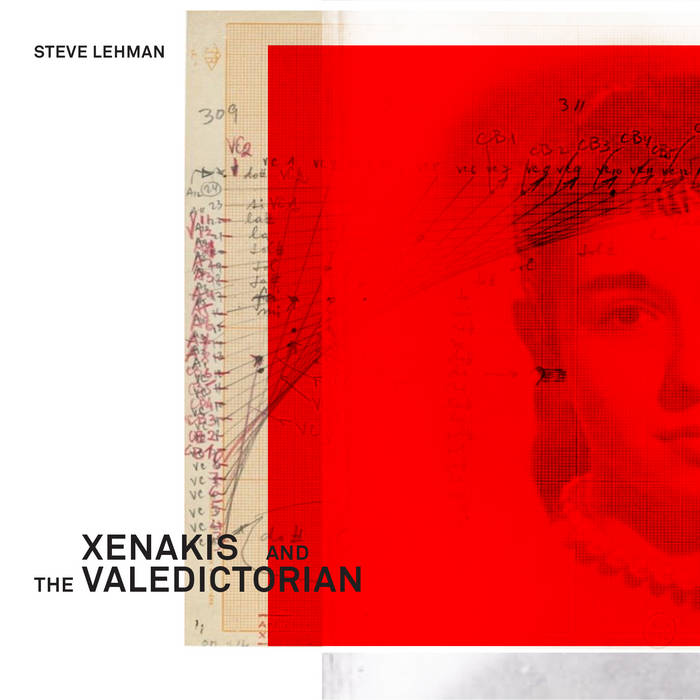
A reminder: the COVID-19 virus is everywhere and will continue to be everywhere until there’s a vaccine. Sorry, just reporting, I don’t make the rules here, the universe does. Here in New York City we’re in Phase 2, which means you can eat out, as long as you’re outside, and even the Strand is letting in small groups of customers—browsing through used bookstores is the thing I miss the most. Concerts return in Phase 4, but what the statistics from Arizona, Texas, Florida, and California are showing is that Phase 3—indoor dining and half-full bars—is a problem no one has been able to yet navigate. This almost entirely relies on personal behavior, and this is America, where spoiling the commons is a national pastime. So no, I have no confidence that New York City is going to reach Phase 4 and maintain that without a vaccine.
That leaves the streaming landscape, which has been generally unsuccessful. The will is there, but I see very little thinking about this new environment—playing in front of a camera and a microphone just doesn’t cut it. I’m starting to see new thinking though, and can hearily recommend the new Streaming Live at the Village Vanguard series. Sets are Saturdays at 7 and Sundays at 2 (EST), sound is quite good (though there’s the classic Vanguard stuffiness in the drums) and the production is excellent, the lighting gives the stage a new look and there’s multi-camera direction, including hand-held work. I wish musicians would stop talking to the non-existent audience, it crashes into the Third Wall, but as far as live jazz goes, it’s a good experience. Access is a modest $7 and this weekend you can catch the Joe Martin Quartet, with Mark Turner, Kevin Hays, and Nasheet Waits.
The Festival International de Jazz de Montréal is going streaming this year, June 27-30. All shows will be free, live at the festival’s Facebook page, then those sets will be available on Facebook, IGTV and YouTube. With COVID-19, the lineup is heavy on Canadian musicians, including guitarist Jordan Officer and Jacques Kuba Séguin, and the festival is augmenting the live music with archival performances from Oscar Peterson, Sarah Vaughan, and Miles Davis.
“I dig the jacket!”
“Anyone who can write with insight and authority about Alas No Axis, Sonic Youth, Elvis Costello…Missy Mazzoli and William Britelle, and…Mahler…is okay in my book.”





You must be logged in to post a comment.